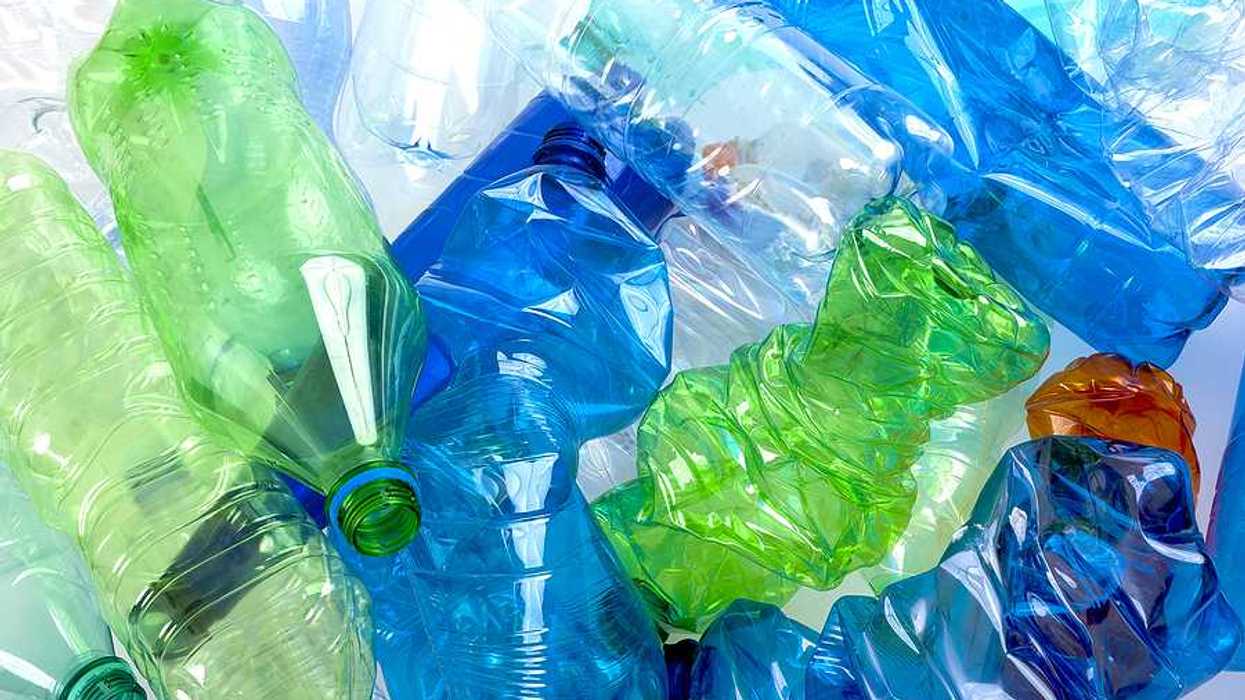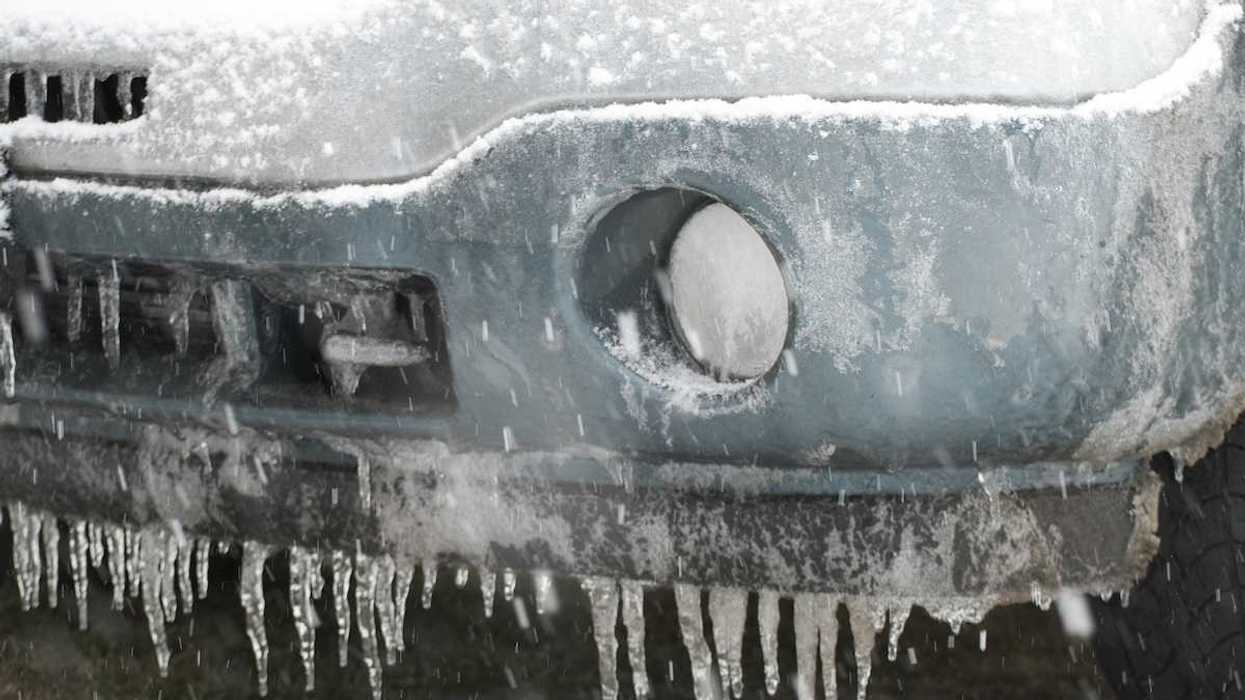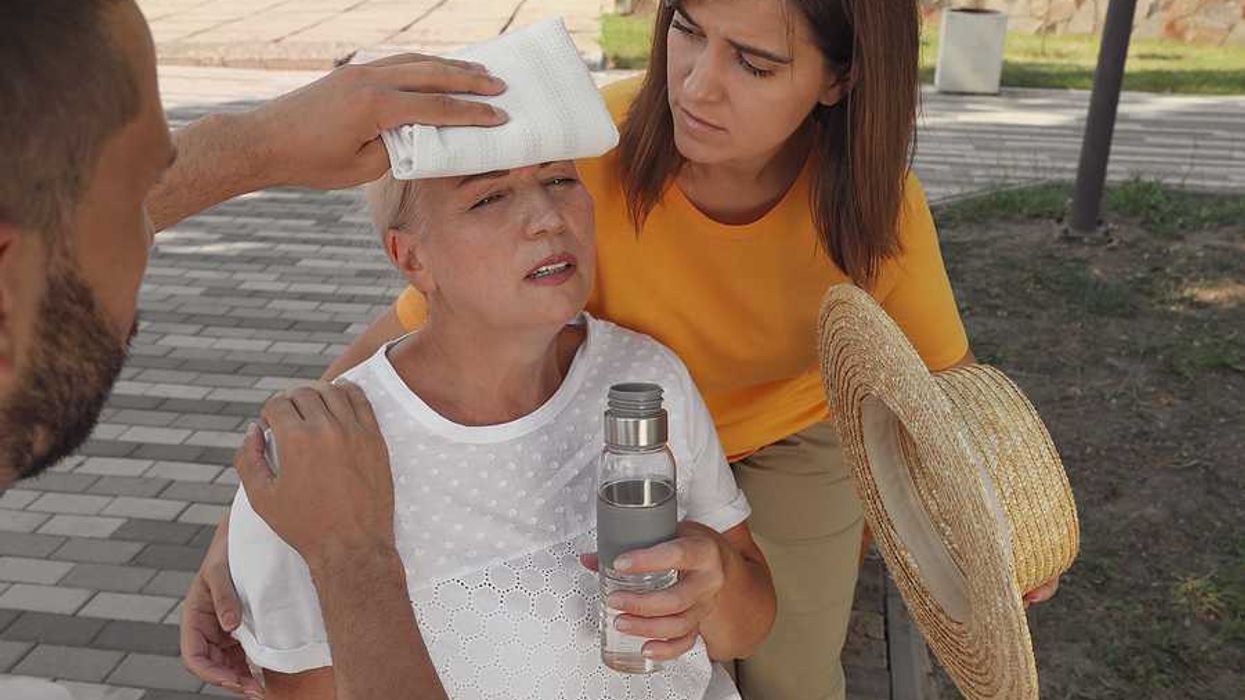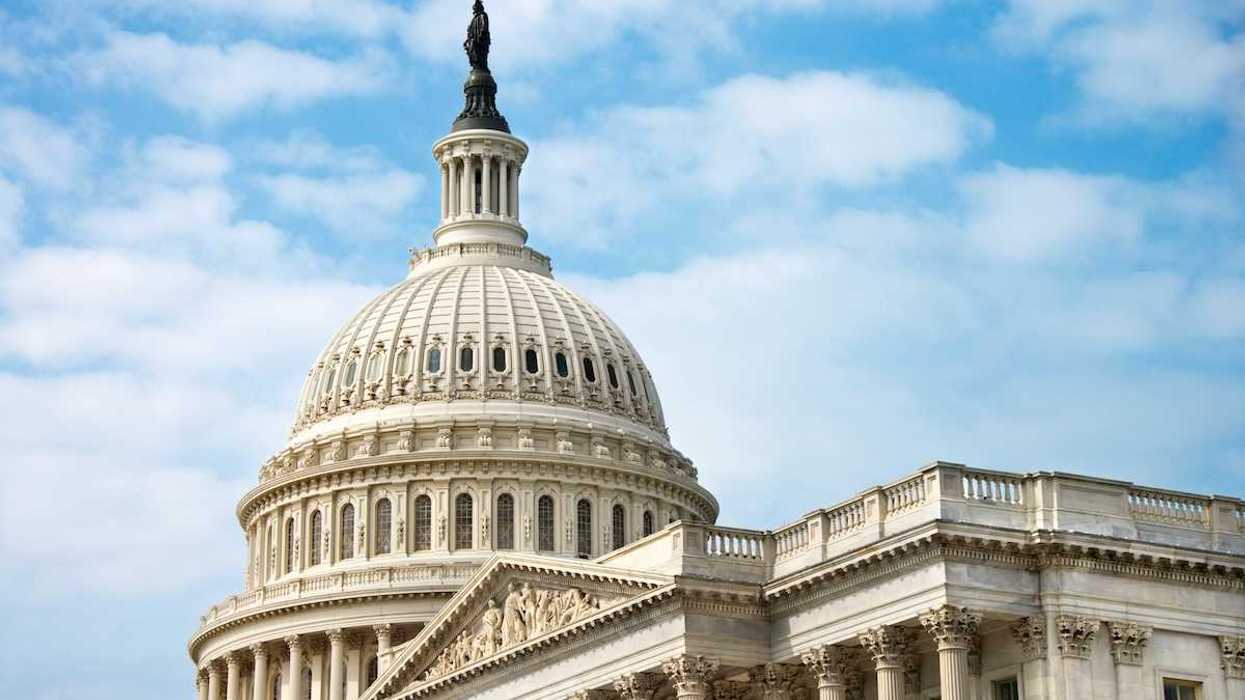The EPA says it’s getting serious about PFAS, but advocates say it smells like a stall tactic wrapped in bureaucratic jargon.
Keerti Gopal reports for Inside Climate News.
- The U.S. Environmental Protection Agency promised to take on toxic “forever chemicals,” but skipped naming a leader, setting a timeline, or even defending existing PFAS rules in court.
- Critics say this kind of announcement — heavy on buzzwords, light on action — is a classic move to slow-roll accountability while polluters keep cashing in.
- Public health experts say PFAS exposure is already widespread and linked to serious health issues like cancer, infertility, and weakened immunity.
Key quote:
“If you’re going to be claiming that you need more research on PFAS while you’re defunding research on PFAS, then you’re being beyond disingenuous, you’re being dangerous.”
— Dana Sargent, executive director of Cape Fear River Watch
Why this matters:
PFAS are pervasive in our environment and in our bodies, thanks to decades of manufacturing and use in everything from nonstick pans to waterproof jackets. Scientists have linked them to cancer, infertility, liver damage, and immune suppression. Forever chemicals aren’t going anywhere, and neither is the damage they’re doing. Regulatory ambiguity could allow polluters to sidestep responsibility, prolonging exposure through soil, water, food, and consumer goods and doing further damage to the environment.
Read more: PFAS on our shelves and in our bodies














